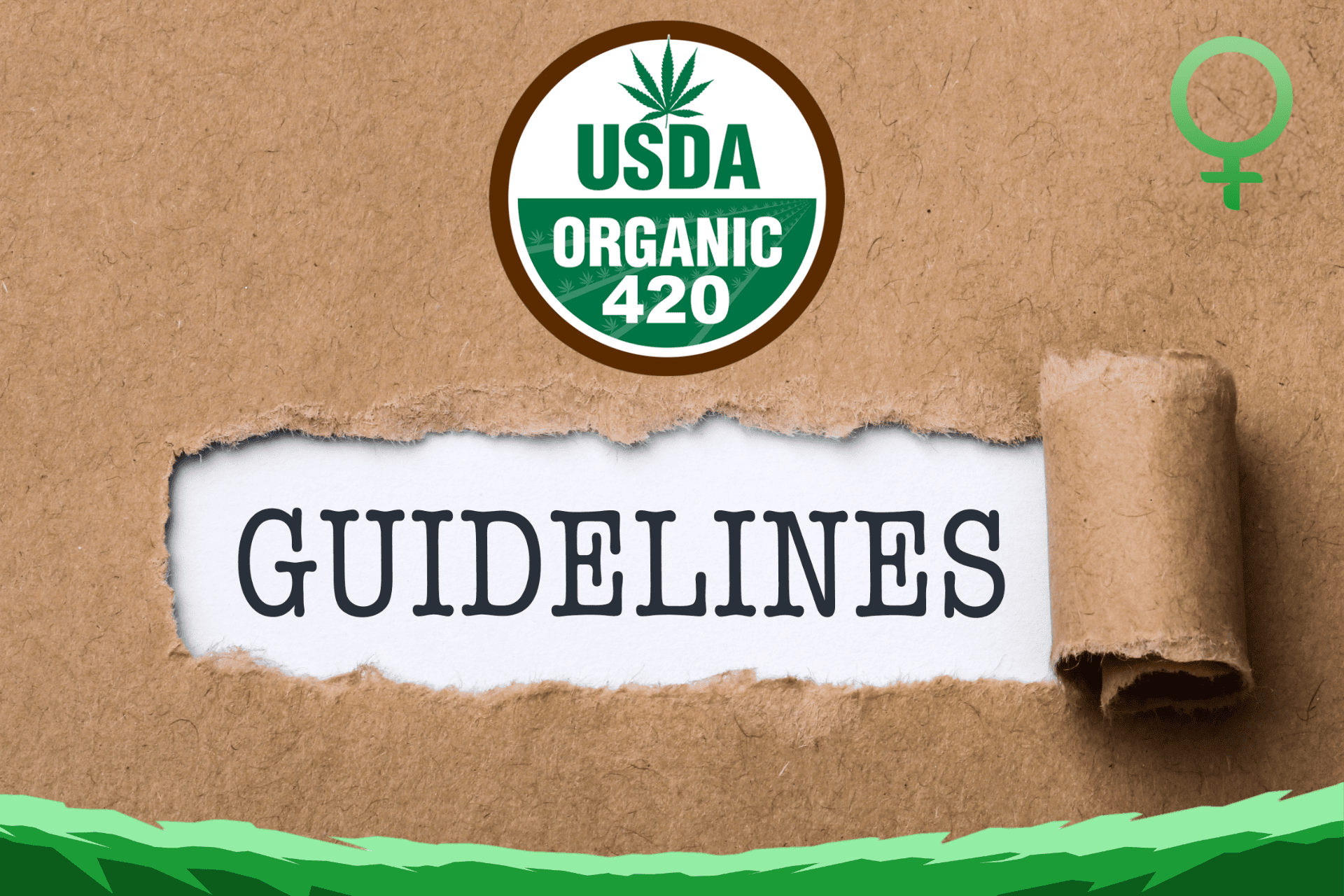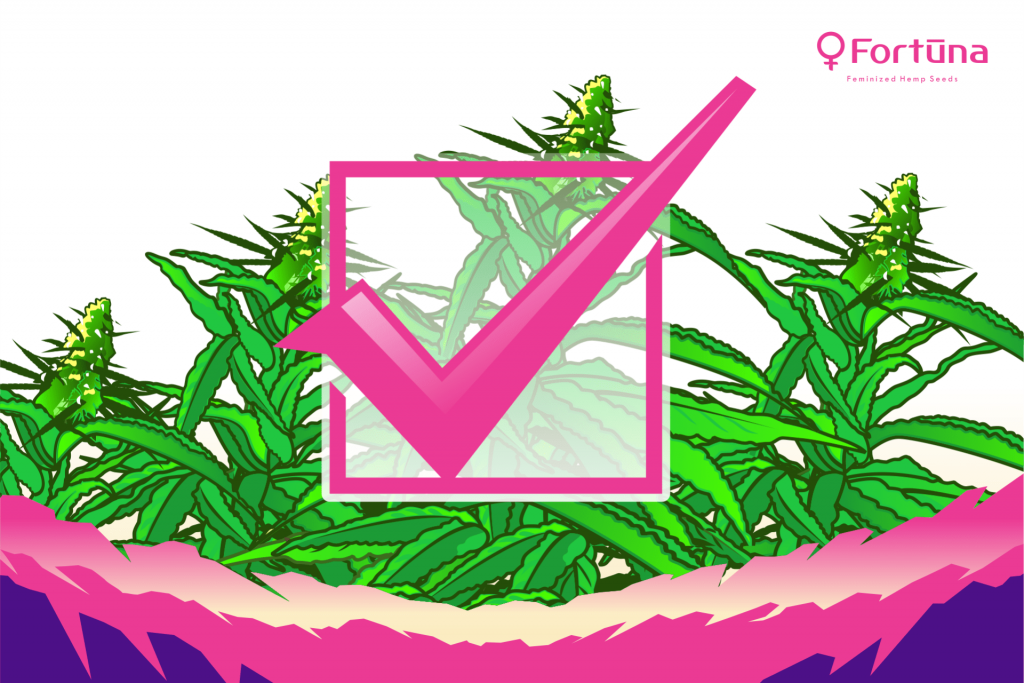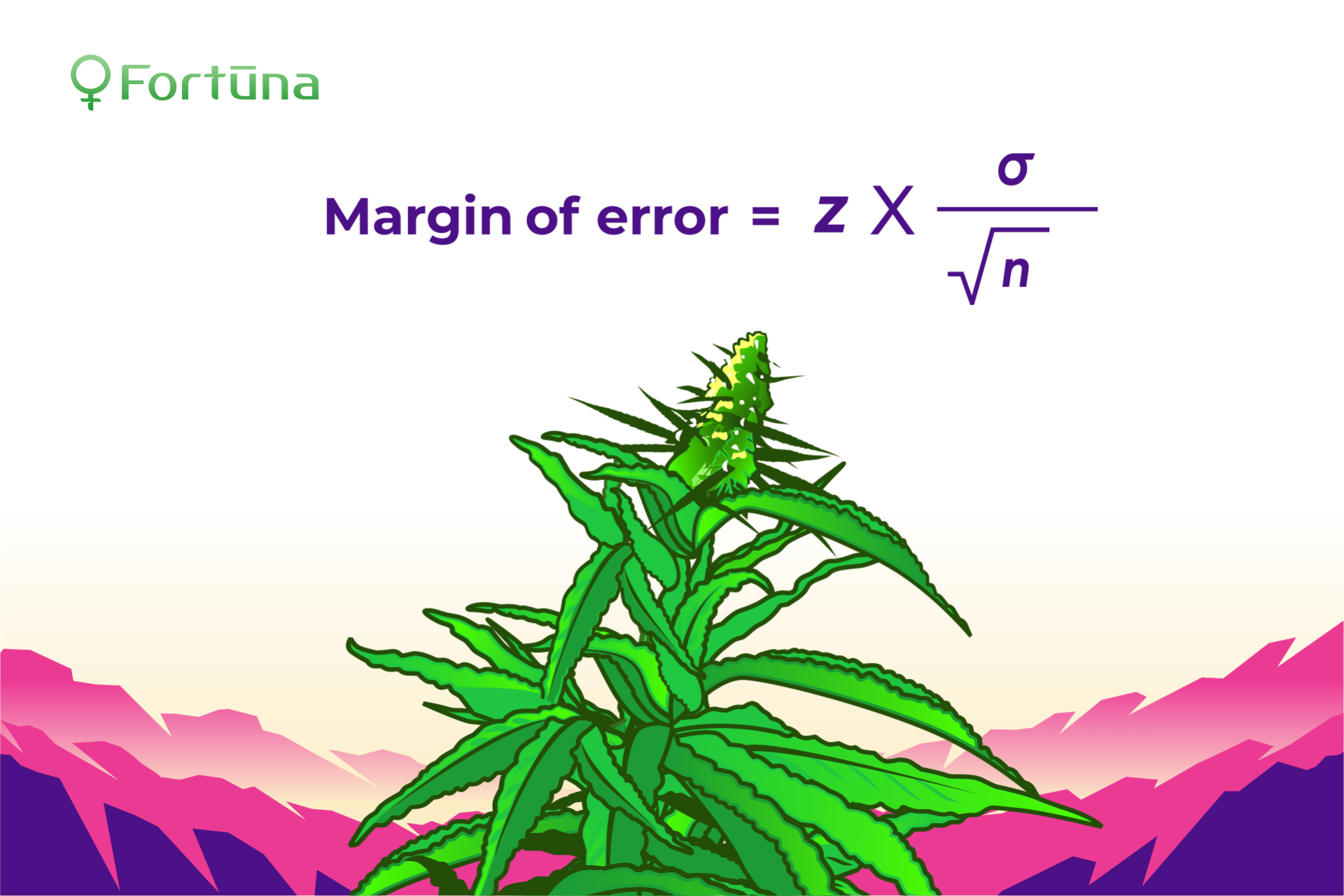
- Feminized Seeds
-
by gu
Understanding USDA hemp seeds guidelines is an essential first step toward starting and managing a hemp farm in America. Hemp seeds that are not approved by the USDA are not only unreliable but also potentially contaminated or infested with troublesome pests.
To be clear, the role of the USDA is to protect farmers and support local agricultural efforts. As such, USDA hemp seeds guidelines intend to enhance the protection of American hemp farmers. Whether imported from another country or shipped domestically within U.S. borders, the USDA’s primary goal is to protect farmers from unregulated products and practices.
Now that hemp farming has become such an attractive endeavor, the need for USDA hemp seeds regulations is all the more apparent. However, the USDA only regulates certain aspects of hemp seed sales, with most of its attention on the importation of international hemp seeds. Local USDA hemp seeds guidelines are still minimal.
Guidelines for Imported Hemp Seeds
The Agriculture Improvement Act of 2018 removed hemp from the Drug Enforcement Administration’s (DEA) list of Controlled Substances. Specifically, whole-plant cannabis containing less than .3 percent dry weight THC is not legal thanks to the change. This act also revoked DEA authority over hemp seeds permits for domestic hemp cultivation and processing.
However, American producers and hemp seeds exporters still need support to ensure a smooth path for hemp seeds to enter the United States. Enter the authority of the USDA. It is their job to regulate all hemp seed importation to ensure safe agricultural trade. The following are just some of the USDA’s guidelines for importing hemp seeds into the United States from Canada.
The US permits hemp seeds import from Canada only if they accompany one of two things:
- A phytosanitary certification from Canada’s national plant protection organization to verify the origin of the seeds and to confirm they are not contaminated
- A Federal Seeds Analysis Certificate (SAC, PPQ Form 925) for hemp seeds grown in Canada
Other countries can also import hemp seeds, as well. However, they must include a phytosanitary certificate from the exporting country’s national plant protection organization. Hemp seeds shipments are also often inspected upon arrival at the first port of entry by Customs and Border Protection to ensure that they meet USDA hemp seeds regulations.
Domestic USDA Hemp Seeds Guidelines
Local hemp seeds don’t have the same USDA requirements that imported hemp seeds do. However, they must still meet the criteria laid out in the 2018 Farm Bill.
The 2014 Farm Bill authorized industrial hemp pilot programs allowing state agriculture departments and universities to research the cultivation and production of hemp. As a result of the new industrial hemp pilot programs, many states developed hemp seed certification programs. Hemp seed certification helps hemp cultivators choose the best CBD hemp seeds for their respective geographical area.
The USDA does not currently back a hemp seed certification program due to varying climates and growing conditions. Importantly, the USDA understands that the same seeds grown in different locations and growing conditions can have vastly different results. For example, a seed could produce compliant (low THC) hemp plants in one state but produce high THC plants in another. High elevations are especially prone to THC spikes, as are areas with drastic weather fluctuations.
Lack of Domestic USDA Hemp Seeds Guidelines Requires Farmers to Conduct Due Diligence
A lack of clear USDA hemp seed guidelines adds an extra layer of confusion for the American hemp farmer. Indeed, farmers must conduct their own research to ensure they buy hemp seeds from reputable distributors only. Though official USDA guidelines are sparse, the requirements that a hemp crop must meet are not. Hence, choosing a reliable domestic hemp seed distributor is crucial.
Things to look for when searching for a reputable hemp seed distributor are their online reviews, how transparent they are as a company, testing their hemp cultivation expertise, and making sure they have COAs for their products.
Conclusion
Quality hemp seeds are the most important thing when it comes to successful American hemp farming. Because USDA hemp seeds guidelines are limited, domestic hemp farmers must be sure that the CBD hemp seeds they purchase are from reputable distributors with a firm understanding of the budding CBD industry.
Do questions regarding USDA hemp seed regulations? Contact us or drop your question in the comments below! Our team is ready to answer your questions as you set out on the exciting journey of American hemp farming!



